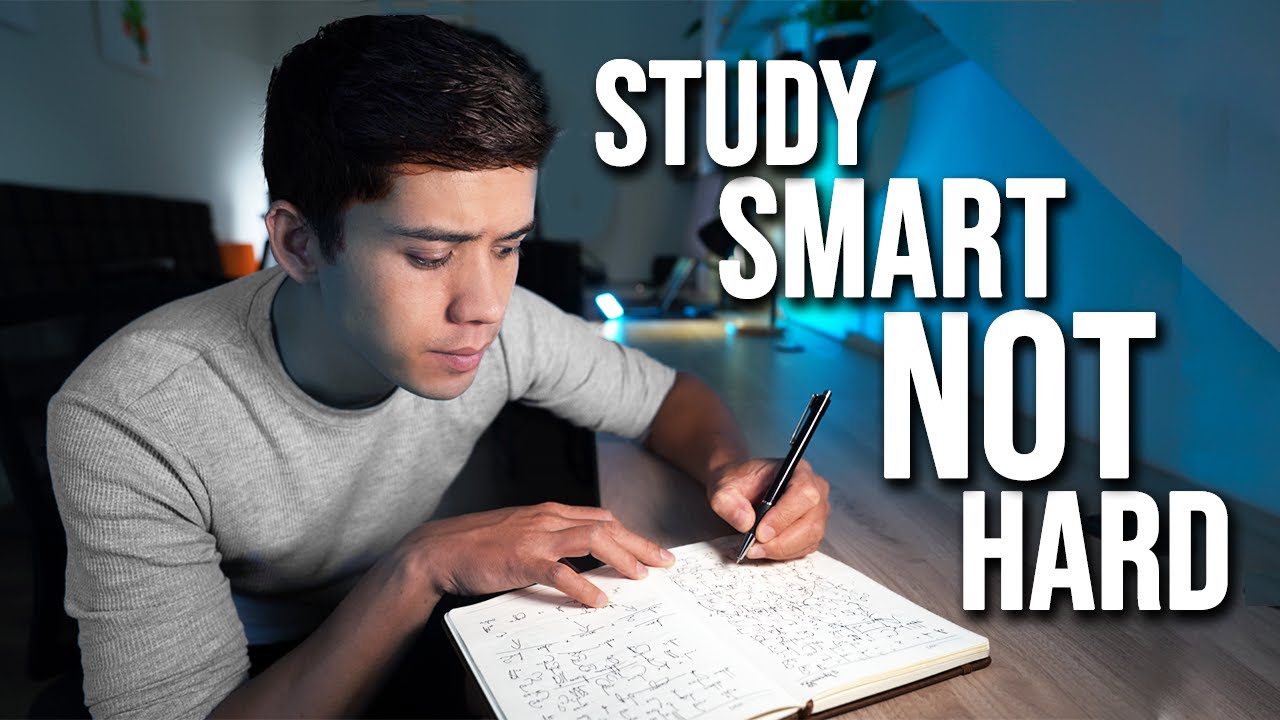
We all want to get good grades, but sometimes it can feel like we’re doing everything right and still not seeing the results we want. If you’re struggling to get the grades you want, don’t worry – there are a few things you can do to study smarter, not harder. we’ll share 7 things you might not have known about studying, so that you can make the most of your time and get the grades you deserve.
Table of contents
- Cramming is not effective
- Get enough sleep
- Create a study schedule
- Find a study buddy
- Take breaks
- Consider using technology
- Understand your learning style
Cramming is not effective
Cramming is a popular study technique, but it is not an effective way to learn information. Cramming involves trying to fit a large amount of information into a short period of time. This can lead to confusion and forgetting important information.
There are better ways to study that will help you retain information and do well on exams. Try studying over a longer period of time, breaking up material into smaller chunks, and using active recall techniques.
Get enough sleep
It should come as no surprise that one of the best things you can do to improve your studying is to get enough sleep. When you’re well-rested, you’ll be able to focus more and retain information better. Create a regular sleep schedule and stick to it as much as possible, even on weekends.
If you find yourself struggling to fall asleep at night, there are a few things you can try:
• Make sure your bedroom is dark, quiet, and cool
• Avoid caffeine in the evening
• Establish a bedtime routine that includes winding down for 30 minutes before sleep
• Get up and move around during the day to keep your energy levels up
Create a study schedule
When it comes to studying, there is no one-size-fits-all approach. However, creating a study schedule can help you make the most of your time and maximize your retention of information.
Here are some tips for creating an effective study schedule:
1. Start with a blank calendar. Then, fill in any known commitments such as classes, work, or extracurricular activities.
2. Next, block out time for activities that are necessary but not related to studying, such as eating, sleeping, and exercising.
3. Once you have a sense of your available time, start scheduling study periods into your calendar. Begin by identifying which subjects or topics you need to focus on and break them down into manageable chunks. Then, allocate a specific amount of time to each task.
4. Make sure to leave some flexibility in your schedule so that you can accommodate unexpected events or simply take a break when needed.
5. Finally, stick to your schedule as much as possible and don’t be afraid to adjust it as needed!
Find a study buddy
One of the most important things you can do when it comes to studying is to find a study buddy. Having someone to help you stay on track and accountable will make a huge difference in how much information you retain and how well you perform on exams.
There are a few things to keep in mind when choosing a study buddy:
– First, try to find someone who is taking the same or similar courses as you. This way, you can help each other out and study together for exams.
– Second, choose someone who has a similar learning style to yours. If you are a visual learner, find another visual learner to study with. This will make it easier for both of you to understand and remember information.
– Finally, make sure that your study buddy is someone you get along with! Studying can be stressful, so it’s important to have someone by your side who makes the process more enjoyable.
Take breaks
If you want to study smarter, one of the best things you can do is take breaks. It may seem counterintuitive – won’t taking a break make it harder to focus when you start studying again?
Actually, no. Taking breaks can actually help improve your focus and concentration. When you’re feeling overwhelmed or bogged down by studying, taking a break can give you the mental refreshment you need to come back to your work with fresh energy and perspective.
There are different ways you can take breaks while studying. Some people prefer to take a five- or ten-minute break for every hour of studying. Others find it helpful to study for two hours and then take a half-hour break. And still others prefer to study in shorter bursts with more frequent breaks. Find what works for you and stick with it.
During your break, do something that relaxes you and helps you clear your mind. Take a walk, listen to music, or chat with a friend. Avoid activities that are stimulating or require a lot of mental effort, such as playing video games or working on another project.
When you’re ready to start studying again, set a timer for your break so you know when it’s time to get back to work. And then get back into the swing of things by starting with an easier task before moving on to the more challenging material.
Consider using technology
If you want to study smarter, one of the things you should consider doing is using technology. There are a variety of different ways that you can use technology to help you study, and each person will have different preferences. Some people find that they learn best by listening to audio recordings of their lectures, while others prefer to watch video recordings. You may also want to use apps or online programs that can help you organize your notes or track your progress. Experiment with different options and see what works best for you.
Understand your learning style
It is important to understand your learning style so that you can study in a way that works best for you. There are three main learning styles: visual, auditory, and kinesthetic.
Visual learners learn best by seeing information. They often prefer to read texts or watch videos. When studying, they might create mind maps or take notes.
Auditory learners learn best by hearing information. They often prefer to listen to lectures or podcasts. When studying, they might recite information out loud or listen to music.
Kinesthetic learners learn best by doing things. They often prefer to participate in activities or experiments. When studying, they might take breaks to move around or make flashcards.


